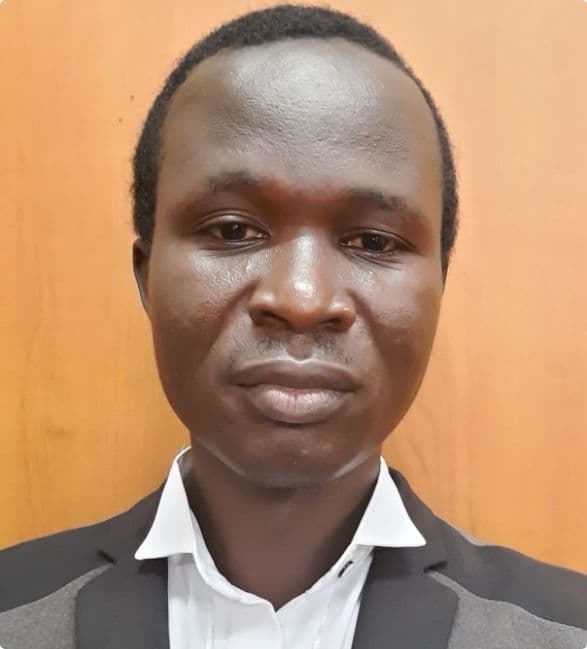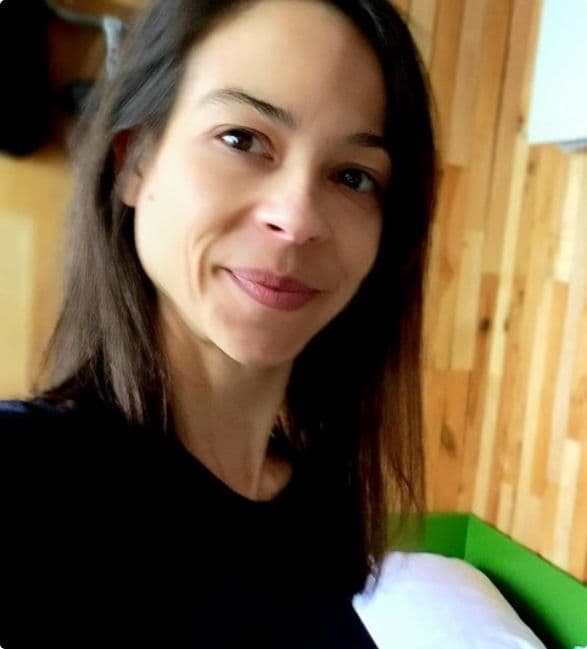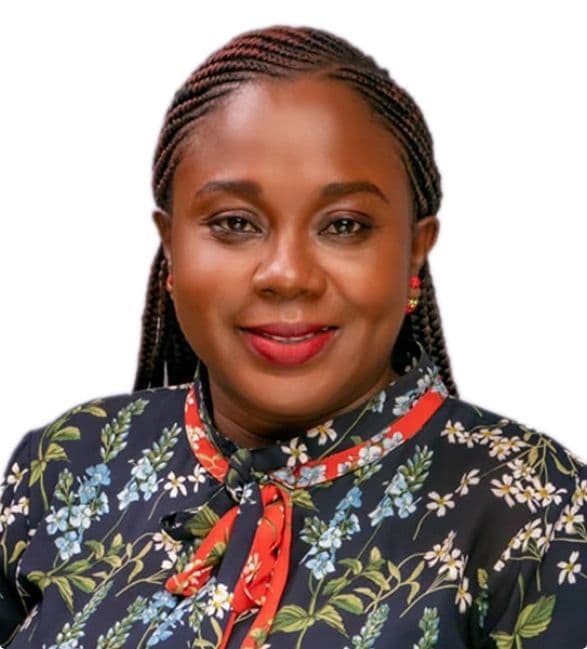Capacity Building
One of the key objectives of the GALENOS project is global collaboration and capacity strengthening within the research community. Three research fellows from Nigeria, South Africa, and Uganda, have joined Work Package 3 as part of the GALENOS capacity-building programme. During the lifespan of the project, we expect the fellows to gain experience across the breadth of the project and develop their skills and knowledge in:
Co-production of systematic review research questions with People with lived experience
Protocol writing
Data extraction, risk of bias
Evidence-synthesis
Developing a mental health ontology
Research prioritisation.
Research dissemination and science communication


Dr. Ouma Simple
I am Dr. Ouma Simple, a medical doctor, epidemiologist, and biostatistician based in Uganda. I specialize in global health research with a primary focus on the prevention and treatment of mental disorders, non-communicable diseases, and infectious diseases. I am delighted to be part of the distinguished group of African fellows contributing to the pioneering GALENOS initiative. Over the past ten months, my journey has been nothing short of transformative. Under the mentorship of renowned experts in mental health, evidence synthesis, ontology, and machine learning, we have explored various aspects of GALENOS. Our collaborative efforts are centered on generating new evidence by developing living systematic reviews and meta-analyses, specifically targeting anxiety, depression, and post-traumatic stress disorder. Working within such a diverse team poses challenges, especially for an early-career researcher. Nevertheless, I take pride in our collective achievements, and fostering an environment of freedom and collegiality that encourages both work and learning. Navigating this path has provided me with invaluable opportunities for exposure to researchers from institutions around the world and diverse tools essential for conducting living systematic reviews and meta-analyses. I am grateful for the privilege of contributing to a team dedicated to generating innovative ideas for the treatment and prevention of the escalating global burden of mental disorders.

Ms. Simonne Wright
The goal of the interdisciplinary, international Global Alliance for Living Evidence on Anxiety, Depression, and Psychosis (GALENOS) initiative is to employ living systematic reviews to shed light on newly developing fields of study. The goal of the research is to increase our understanding of conditions including psychosis, PTSD, depression, and anxiety. Furthermore, we are learning not only what is effective but also the reasons behind the effectiveness of particular therapies by acquiring knowledge about the mediators of treatment effects. I was instrumental in developing the LSR2 protocol (Mechanisms by which exercise lowers symptom intensity and/or functional impairment in posttraumatic stress disorder (PTSD)) as one of the fellows of WP3 who are all stationed in the global south. The information I have acquired this year has been broad and varied, as the GALENOS project comprises researchers and specialists from several fields. Many of these professionals have given me the chance to learn from them directly or indirectly. Expert lived experience advisors provide distinct perspectives and ensure that the needs of the very individuals we are attempting to assist are not overlooked.

Dr. Elugbadebo Olufisayo
The Global Alliance for Living Evidence on Anxiety, depression, and psychosis (GALENOS) seeks to merge scientific findings on studies around the diagnostic, prognostic, pharmacological treatments, and non-pharmacological treatments for anxiety, depression, and psychosis with the aim of synthesizing living evidence and setting research priorities by leveraging on collaborative efforts from distinguished experts from different fields. In addition, the project seeks to ensure effective dissemination of the findings. As an early carer researcher, I consider working on the GALENOS project as an opportunity to further enhance my skills to be an effective collaborative researcher. It affords me the opportunity to further develop my capacity to conduct living systematic reviews, and especially the opportunity to learn from and share experiences with mentors and other colleagues. I see this as an excellent platform to contribute to science; as the living evidence synthesized from several scientific research findings on specific topics has the potential of moving the field forward. So far, I have had opportunities to be mentored by distinguished experts from different fields, collaborate with other fellows on the project as well as people with lived experiences, and have hands-on experience with conducting living systematic reviews. Ultimately, I believe the knowledge and experience gathered will be useful for me in my career, and the empirical evidence generated could be used in promoting the mental health and well-being of people in Africa and other LMICs.